December 2022
Read more here – DDI
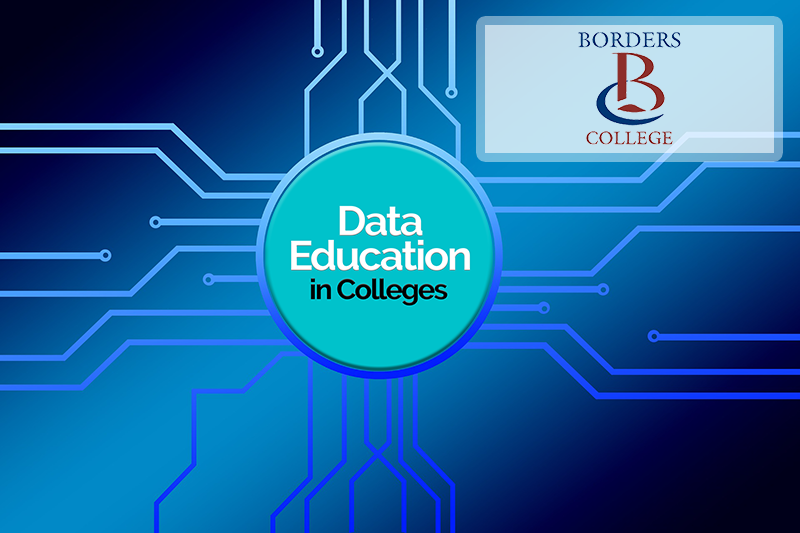
The DDI Skills Gateway spoke with Borders College about teaching data science as part of core skills across a wide range of curriculum areas including; care, hospitality, hairdressing, construction and more! As part of their wider #DataYou series to inspire YOU to think about a potential path into data.
Why is data science on the curriculum for beauty therapy at Borders College – and construction too?
That was a question many students asked when the college embedded data science as a core skill across a range of courses in the 2019-20 academic year.
“In terms of the skills required for future jobs, data literacy comes out in a whole range of areas,”
says Heather Anderson, Vice Principal at Borders College. “People think data skills are very technical, but they are really core skills.”
That’s why the college – funded through the DDI Skills Gateway Programme, part of the Edinburgh and South East Scotland City Region Deal – decided core skills staff should teach data science.
The first year of teaching data science across three curriculum areas – care, hospitality and motor vehicle – was deemed a success, with the four-strong staff team collaborating well, so it was expanded into almost all vocational areas.
In 2020-21, almost 200 students are learning data science skills, including those studying sport, horse care and rural skills, as well as hair and beauty, business and construction.
“We had to explain the relevance to students early on,” says Audrey Graham, one of the core skills staff teaching data science. “We started with online behavior and data citizenship. We asked ‘If we went on to your social media, what would we see?’
“About two-thirds of employers now look at social media accounts when recruiting. It really matters. Some students were horrified to learn that their accounts could be seen publically and started thinking about what they posted, and their privacy settings. It made it real to them.”
Graham says teaching data literacy skills is about understanding, analysing and communicating data: “The college was already doing some of that through ICT, but there were areas we had no knowledge of, so the staff went on a course at Stirling University for a more in-depth understanding of what we were delivering.”
The core data skills now being taught across all curriculum areas include online safety, data protection, encryption, how the internet works, your personal responsibilities online and social media.
Anderson says staff then “took things to another level by creating relevance for different courses – and integrating and relating data science to specific subjects”.
Rural skills students were taught to analyse cattle breeding data to understand optimal breeding times, while care students learned about sensors collecting data to keep people safe.
Joinery students learned about ordering stock, cost management and spreadsheets to make purchasing more efficient. Hair and beauty students were taught to use data to monitor treatments seasonally, and use data to answer questions like: When are your busiest times? How does that affect staff rotas? When do you have special offers?
Veronica Blackwood, Curriculum and Learning Manager for Creative Industries, explains: “We were at an advantage because we already delivered core skills in a contextualised way for specific vocational areas. Over time, more relevance will be added for each course.”
When the idea of teaching data science was first presented to staff, there was apprehension as well as excitement.
“The staff have been brilliant; they overcame a lot of problems,” says Heather Anderson. “What they took on, technically and conceptually, was difficult and there were confidence issues.”
Audrey Graham agrees it was a big challenge, but says: “We are a creative bunch. Teaching data science has been really positive in building up skills and confidence, and was a real gee-up for the core skills team and their role in the college.”
The college was shortlisted for a College Development network award for its work and both Blackwood and Graham are now training staff from other colleges on how to teach data science.
“We were able to reassure others that we were not data scientists yet had been able to deliver the course effectively,” says Blackwood.
College staff say there have already been benefits to students – making them more aware of their online activities and building skills and self-esteem – but the real positive outcomes will take longer. Over time, they believe students will be much better-equipped to address problems and opportunities using data and to embrace data science as a lifelong skill, whatever field they work in. And embedding data science across all subject areas begins to make data literacy skills accessible to all and to demystify the world of data science for all learners.
So what next? The data science course has so far been taught at Level 4 of the Scottish Credit and Qualifications Framework. Heather Anderson would like to teach it at Level 5, but recognises that more IT expertise is needed to do that. For now, embedding data science at Level 4 across the curriculum has been a huge success in itself.
For more information on the Borders College Data science courses visit their website.
As part of the DDI Skill Gateway #DataYou series.
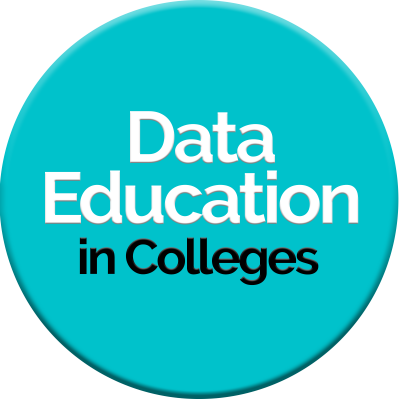



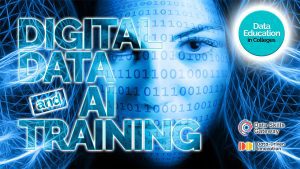
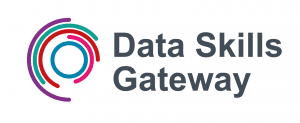

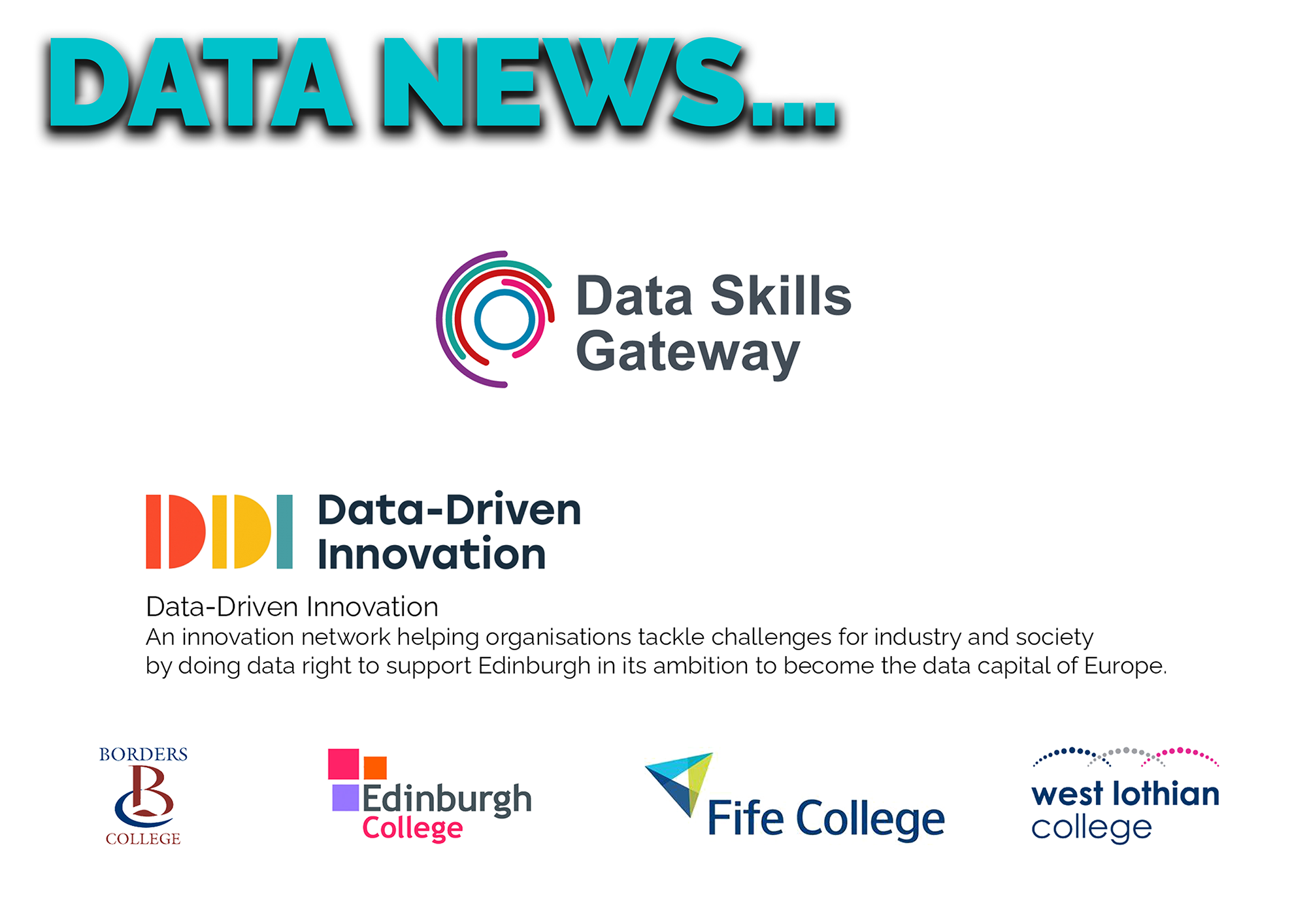

Leave a Reply